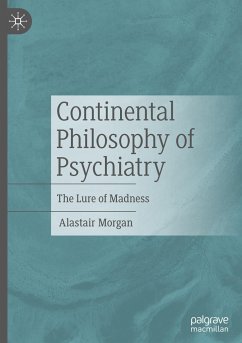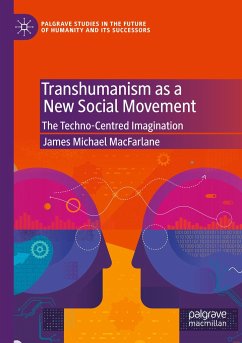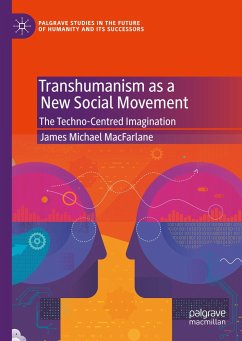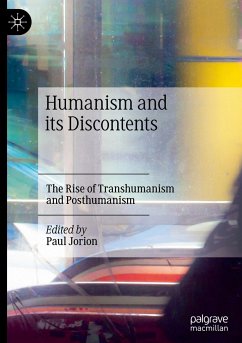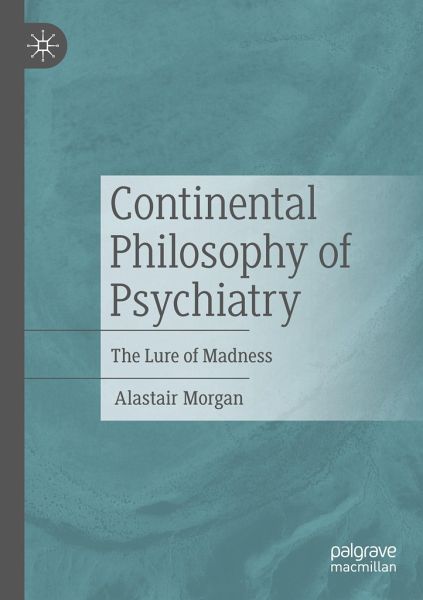
Continental Philosophy of Psychiatry
The Lure of Madness
Versandkostenfrei!
Versandfertig in 6-10 Tagen
98,99 €
inkl. MwSt.
Weitere Ausgaben:

PAYBACK Punkte
49 °P sammeln!
This book explores how the continental philosophical tradition in the 20th century attempted to understand madness as madness. It traces the paradoxical endeavour of reason attempting to understand madness without dissolving the inherent strangeness and otherness of madness. It provides a comprehensive overview of the contributions of phenomenology, critical theory, psychoanalysis, post-structuralism and anti-psychiatry to continental philosophy and psychiatry. The book outlines an intellectual tradition of psychiatry that is both fascinated by and withdraws from madness. Madness is a lure for...
This book explores how the continental philosophical tradition in the 20th century attempted to understand madness as madness. It traces the paradoxical endeavour of reason attempting to understand madness without dissolving the inherent strangeness and otherness of madness. It provides a comprehensive overview of the contributions of phenomenology, critical theory, psychoanalysis, post-structuralism and anti-psychiatry to continental philosophy and psychiatry. The book outlines an intellectual tradition of psychiatry that is both fascinated by and withdraws from madness. Madness is a lure for philosophy in two senses; as both trap and provocation. It is a trap because this philosophical tradition constructs an otherness of madness so profound, that it condemns madness to silence. However, the idea of madness as another world is also a fertile provocation because it respects the non-identity of madness to reason. The book concludes with some critical reflections on the role of madness in contemporary philosophical thought.





